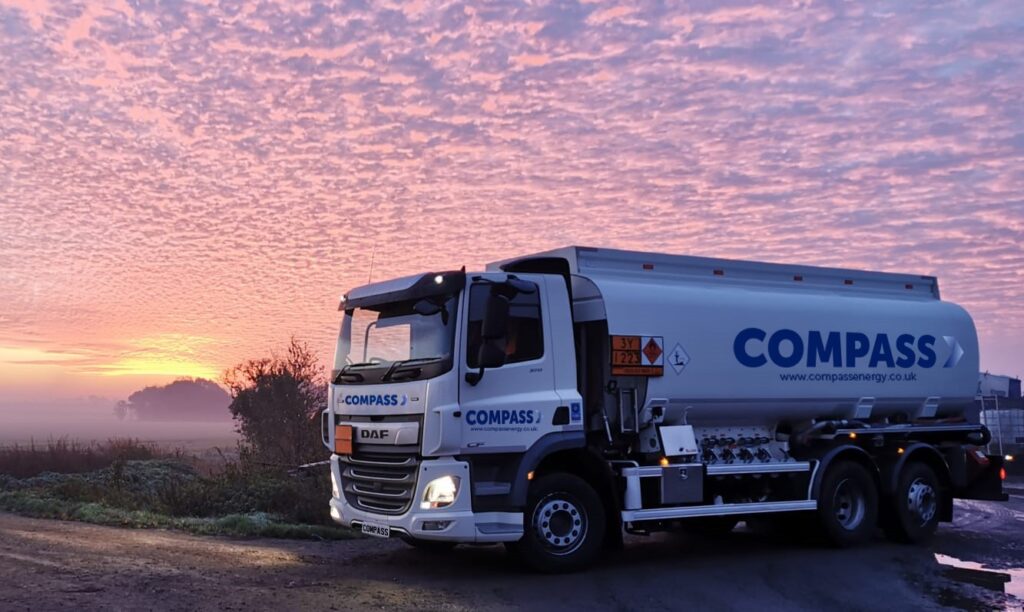In the UK, agriculture continues to be one of the most vital sectors, supplying food, bolstering rural economies, and making a substantial contribution to exports. Energy, particularly gasoline, is essential to farming operations. The machinery that powers the whole agricultural process, from soil preparation to harvesting and food transportation, is powered by farming fuel. UK farming fuel has never been more important due to rising demands for cost control, efficiency, and environmental responsibility.

The Foundation of Mechanised Agriculture
Over the past century, UK agriculture has embraced mechanization, and now, almost every aspect of a farming operation relies on technology. Without a dependable energy source, nothing is conceivable, not even the tilling of fields by tractors, the harvesting of crops by harvesters, or the continuous operation of irrigation systems. The main fuel used in farming is diesel, especially red diesel. Under difficult weather and terrain conditions, it consistently delivers the power required for large machinery.
Farms cannot operate to their full potential without a consistent and reasonably priced fuel supply. Any delays or interruptions may lead to ineffective harvesting or missed planting windows, which have a direct effect on yields and farm profitability.
Understanding Red Diesel in the UK
The extensive use of red diesel, sometimes referred to as gas oil, is one of the most distinctive features of farming fuel in the United Kingdom. Although red diesel and white diesel are chemically identical, red diesel is distinguished legally by its red color. Because it is taxed at a far lower rate than regular diesel, agricultural firms can afford it. For farmers, who have narrow profit margins and frequently deal with shifting expenses for feed, fertilizer, transportation, and equipment, this tax reduction is essential.
The use of red diesel is highly regulated by UK law. It is limited to some off-road uses, like supplying electricity to generators and agricultural equipment. It is against the law and carries severe penalties for vehicles using red diesel on public highways. All farming enterprises must make sure that these regulations are followed, and reliable fuel providers offer advice to assist farms in using fuel in an appropriate and lawful manner.
Fuel Delivery and Storage Solutions
Agricultural fuel requirements are dynamic and subject to quick seasonal variations. Fuel consumption rises sharply during planting and harvesting seasons because machinery operates for extended periods of time every day. In order to meet this demand, farming fuel suppliers in the UK provide customized delivery services. Many suppliers guarantee that farms never run out of gasoline during crucial operating times by operating on a scheduled delivery basis. In many situations, emergency gasoline delivery is also offered to avoid expensive downtime.
Farms usually have on-site storage tanks to facilitate effective fuel use. This enables them to buy fuel in bulk and store it securely for frequent use. The size of the farm and its operational needs determine the size and shape of these tanks. These tanks are frequently installed and maintained with help from fuel suppliers, who make sure they adhere to safety and environmental standards.
Fuel Quality and Machinery Performance
More sophisticated and sensitive than ever is the farming equipment of today. For these devices to operate well and prevent damage, clean, premium fuel is necessary. Fuel that is polluted or of poor quality can cause a number of issues, such as clogged filters, engine wear, and decreased performance. In the worst situations, equipment failures can cause delays in operations and necessitate expensive repairs.
UK fuel suppliers are aware of these challenges and take steps to ensure the diesel they deliver meets stringent quality standards. Many offer fuel that includes additives to enhance performance, reduce emissions, and protect engines. Seasonal additives are also important, particularly in colder months when diesel is prone to gelling. Winter-grade fuel helps prevent this by lowering the freezing point of the fuel and ensuring reliable machinery performance in low temperatures.
Environmental Considerations and the Future of Farming Fuel
There is increasing pressure on the agriculture industry to lessen its environmental impact as the UK works toward net-zero carbon emissions. Although diesel is still the most common fuel used in agriculture, interest in greener alternatives and alternative fuels is growing. As a more environmentally friendly alternative, biodiesel—a renewable fuel derived from vegetable or animal fats—is being investigated. Hydrogenated vegetable oil (HVO) and biodiesel blends are already being tested by several farms as ways to reduce emissions without requiring significant modifications to their current equipment.
By providing cleaner fuel options, increasing delivery efficiency, and offering guidance on sustainable fuel practices, gasoline suppliers are adjusting. Farms may eventually be encouraged to switch to greener energy via government programs and incentives. Although the broad use of alternative fuels in agriculture is still in its infancy, it is a developing trend that suppliers and farmers need to be ready for.
Regulation and Compliance
Farms have stringent legal obligations when it comes to handling and storing fuel. Fuel tanks need to be installed, maintained, and shielded from spills and leaks by farms. Bunded tanks (with secondary containment), routine inspections, and adherence to UK Environmental Protection Act rules are all necessary. Reputable fuel providers help farmers fulfill these responsibilities by offering advice, upkeep, and secure storage options.
Farmers should collaborate closely with suppliers who keep abreast of the most recent legislation, as environmental policies and fuel consumption are coming under more and more scrutiny. This guarantees that farming operations continue to be lawful, ecologically conscious, and compliant.
Conclusion
The unsung hero of the UK’s agricultural prosperity is farming fuel. It drives the equipment used to plant, water, harvest, and ship food across the country. The fuel supply chain must change along with agriculture as a result of technological advancements and an increased emphasis on sustainability. UK farming fuel suppliers are essential to this shift because they provide dependable delivery, premium fuel, and solutions that adapt to the evolving demands of contemporary farms. In a constantly changing global food system, UK farmers can maintain their competitiveness, sustainability, and efficiency with the correct assistance.
